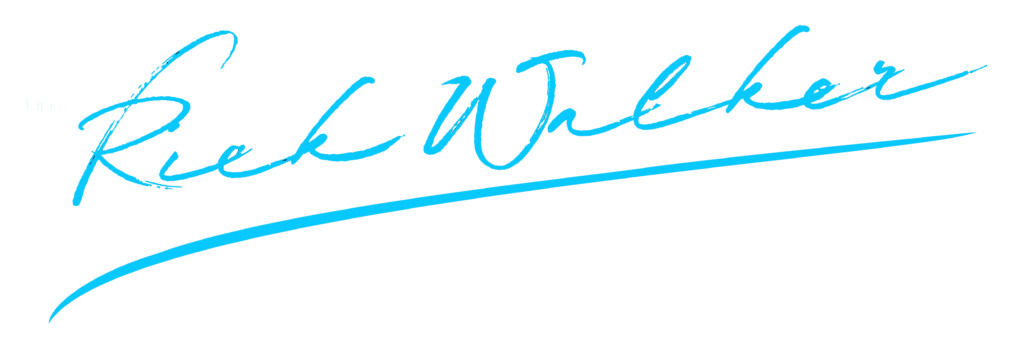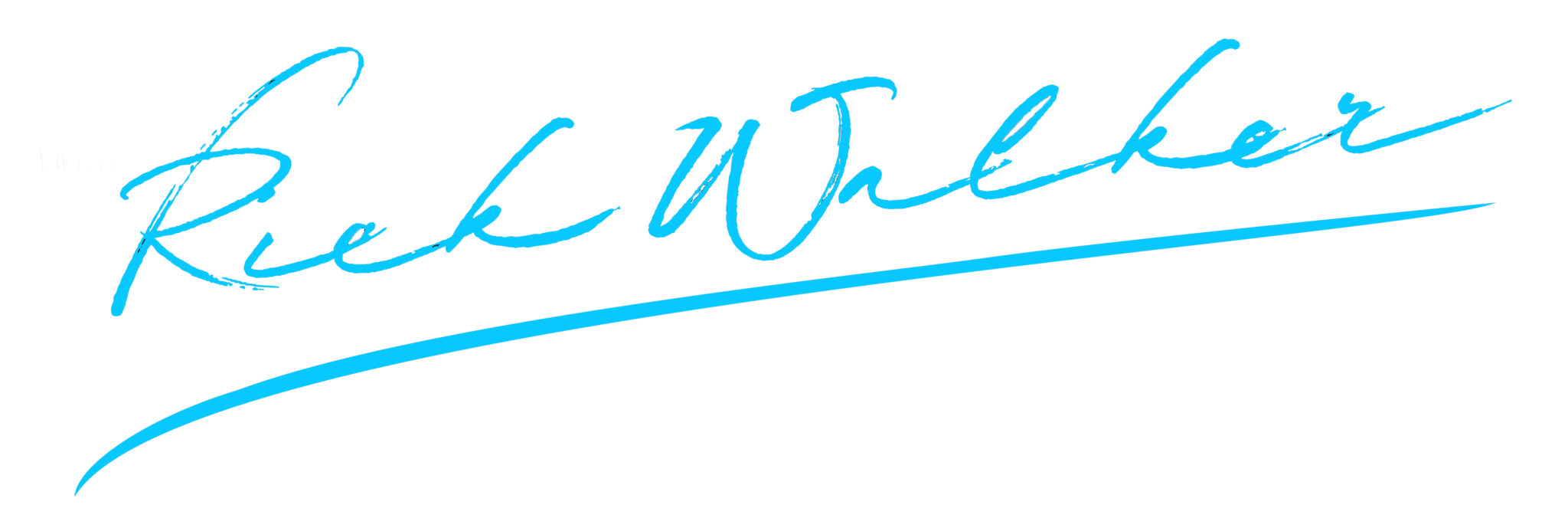This essay is part of a series. Begin from the beginning here: Jazz: Time-Wreckers, Part I of V (002)
Part III: Time and Unreasonable Mathematics
A 1960’s publication of the academically-prestigious Communications in Pure and Applied Mathematics, floated a titanically-important article written by Eugene Wigner titled The Unreasonable Effectiveness of Mathematics in the Natural Sciences.
(I recommend a full reading. European theoretical physicists rightly considered no one with a personality would likely read their works. Wigner was a team leader of the Manhattan Project’s nuclear reactor design group, and a 1963 Nobel Prize winner..)
His article begins with a statement by the indomitable atheist-philosopher Bertrand Russell, followed by a conversation about Gaussian distribution (refer to my chapter on Black Swans).
Mathematics, rightly viewed, possesses not only truth, but supreme beauty cold and austere, like that of sculpture, without appeal to any part of our weaker nature, without the gorgeous trappings of painting or music, yet sublimely pure, and capable of a stern perfection such as only the greatest art can show.
The true spirit of delight, the exaltation, the sense of being more than Man, which is the touchstone of the highest excellence, is to be found in mathematics as surely as in poetry.
"The ultimate excellent treasure in both mathematics and poetry is identical."
Tweet this
"The ultimate excellent treasure in both mathematics and poetry is identical."
Tweet this
Wigner’s arguments concern the mysterious usefulness of math in the natural sciences, and its irrational generation.
Irrational.
As if a spoken word is the lever to move a mountain.
Illogical.
As if communication impacts nature; math defines science.
Senseless.
As if mankind is encoded by a word composed of three billion ordered characters.
Revisiting my conversation on Platonic forms, and the two apples, I recall the concept that the number two is stronger than any two objects. For the numbers of math cannot be destroyed, yet the objects inside the universe will all eventually dissolve away in Bertrand Russell’s gloomy view:
“… all the labours of the ages, all the devotion, all the inspiration, all the noonday brightness of human genius, are destined to extinction in the vast death of the solar system, and that the whole temple of Man’s achievement must inevitably be buried beneath the debris of a universe in ruins…”
Out of even his dystopianesque brilliance, I maintain he actually proves the destroyable is less real than that which is undestroyable.
Mathematics.
Infinite container of all numbers; shipped everywhere but going nowhere.
Never invented; only discovered.
Eternal collection of supernatural forms,
Mathematics.
Math, an infinite entity interfacing with natural finite objects defines natural science,
Guiding.
Correcting.
Validating.
Judging.
Damning science when not corresponding.
What vehicle might the immaterial infinite interface with the finite material?
It judges and damns the natural, so it must have already been temporized. They were connected. Natural science cannot be performed, let alone form truth claims, without its dependence on mathematics and, eventually, logic. Logic, more than a set of rules, is also action; logic must process if it is to be itself.
In Wigner’s words:
"it is just this uncanny usefulness of mathematical concepts that raises the question of the uniqueness of our physical theories"
Tweet this
"it is just this uncanny usefulness of mathematical concepts that raises the question of the uniqueness of our physical theories"
Tweet this
The Nobel genius leaves two oddities:
- Mathematics’ usefulness in natural science is irrationally mysterious, and
- Laws and theories of science are written in mathematical formulation and alignment in order to be made rationally useful.
Axioms of nature penned in the language of the supernatural.
Truths of nature hand drawn to dignify verification of the natural.



